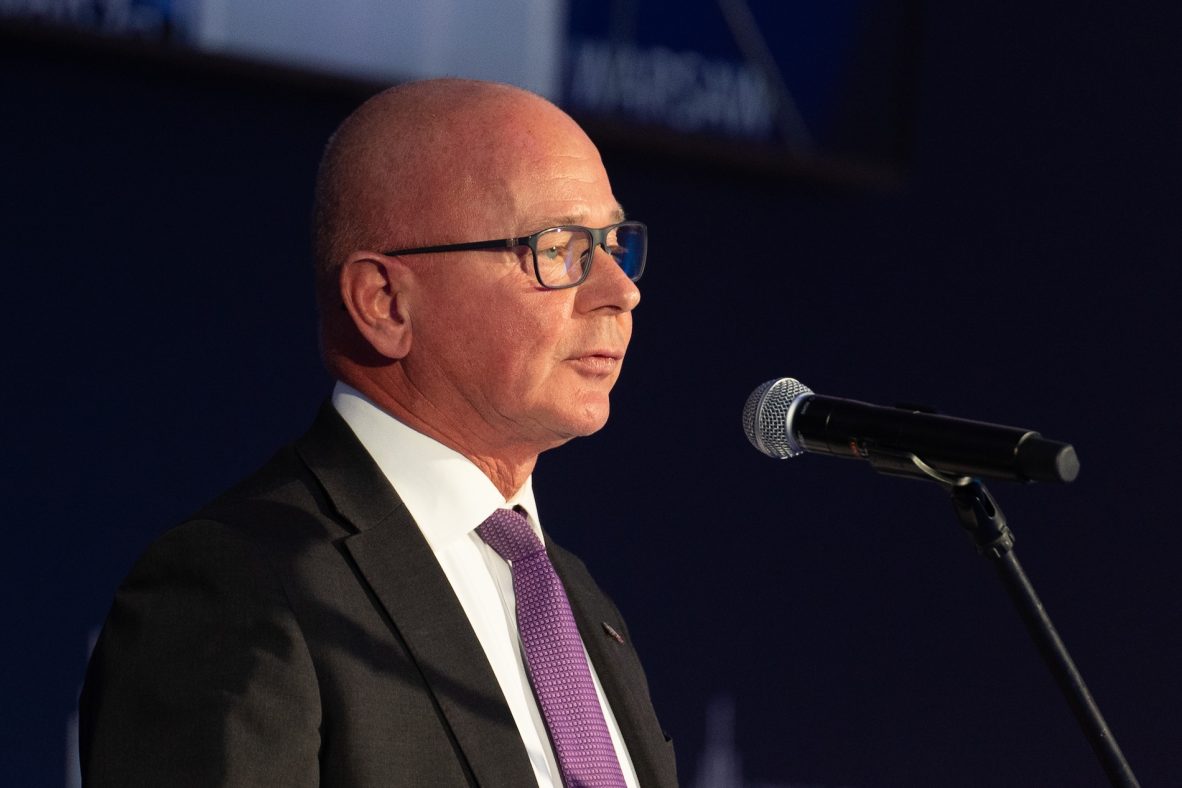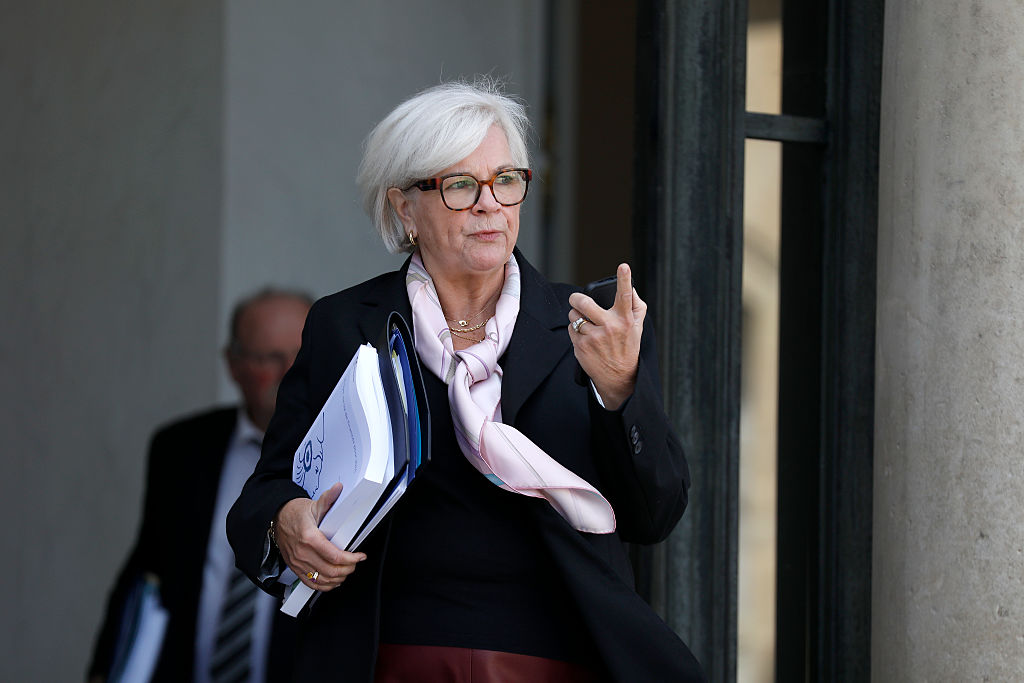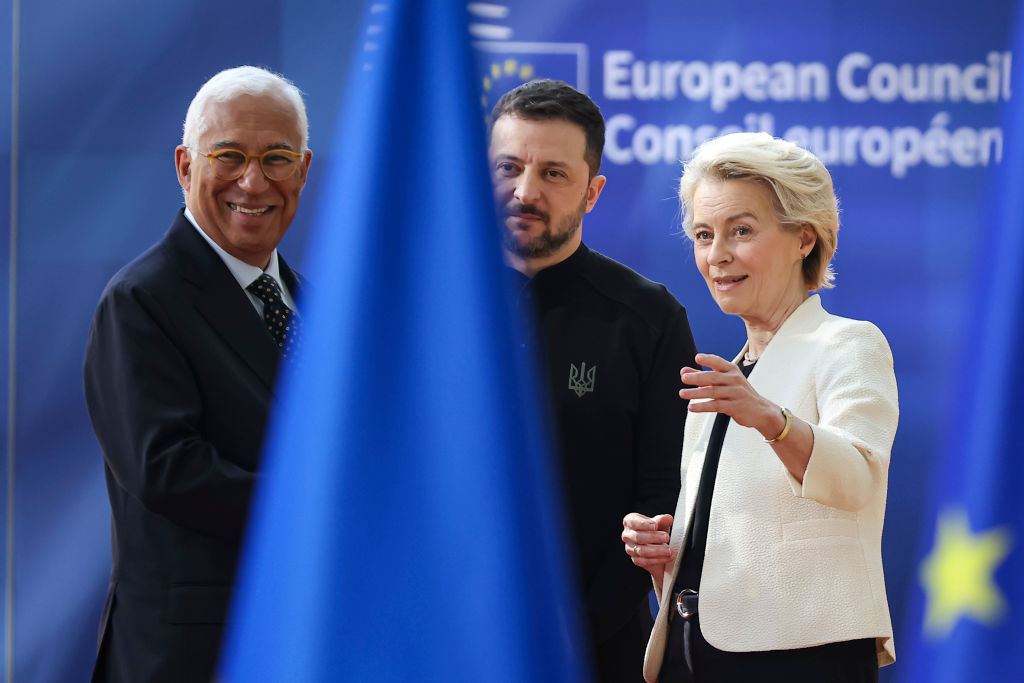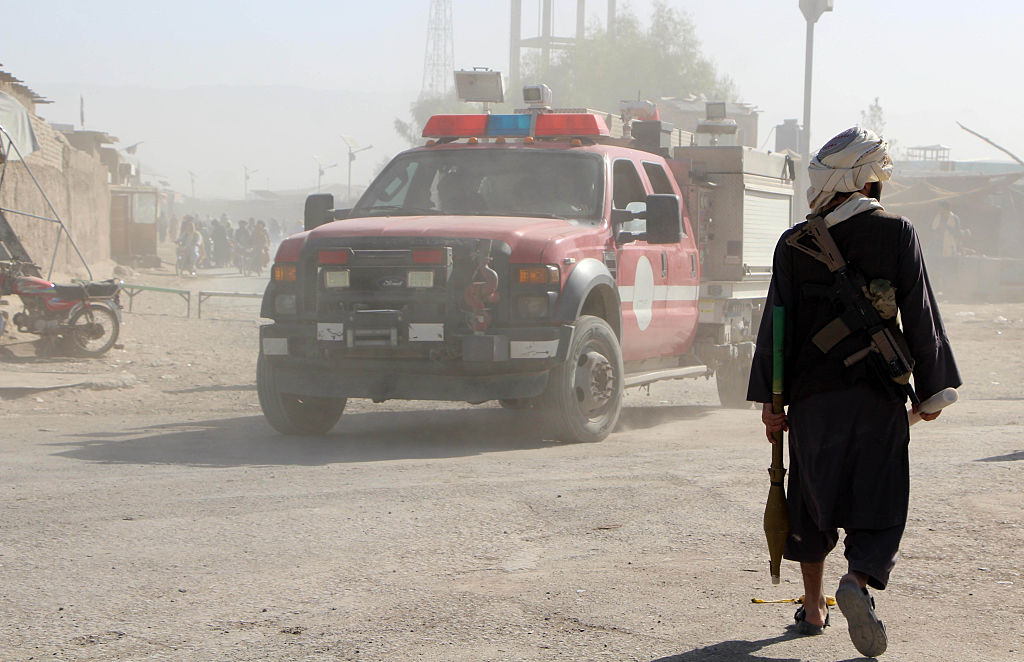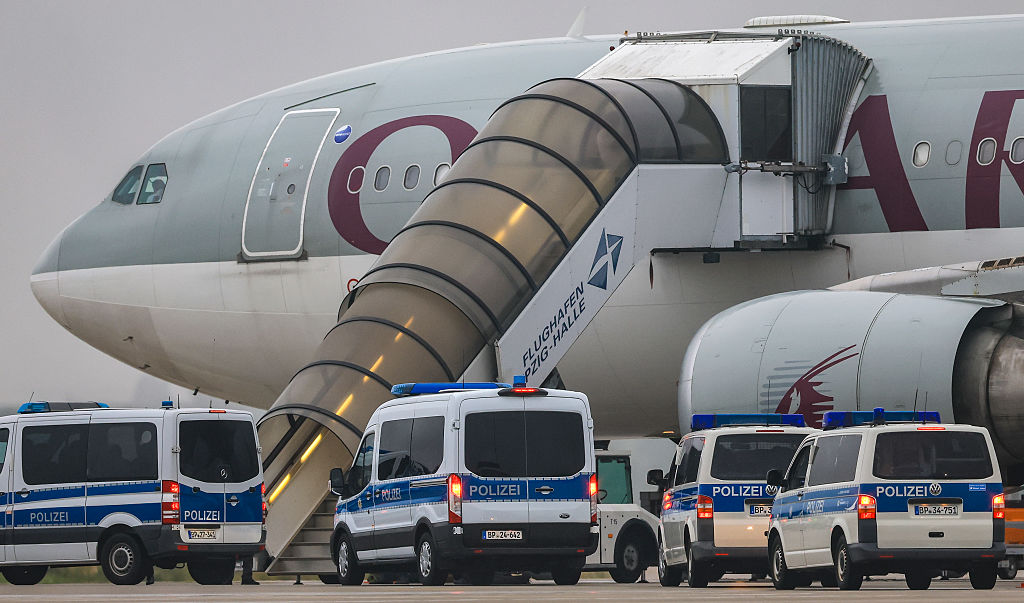Engage or Ignore? Kazakhstan’s Afghan Strategy
The U.S. may have moved on from Afghanistan. Kazakhstan has not. Our nation does not share a border with it, but the consequences of an abandoned warzone echo throughout the region — along with the responsibility to act. The question is no longer whether to engage, but how.
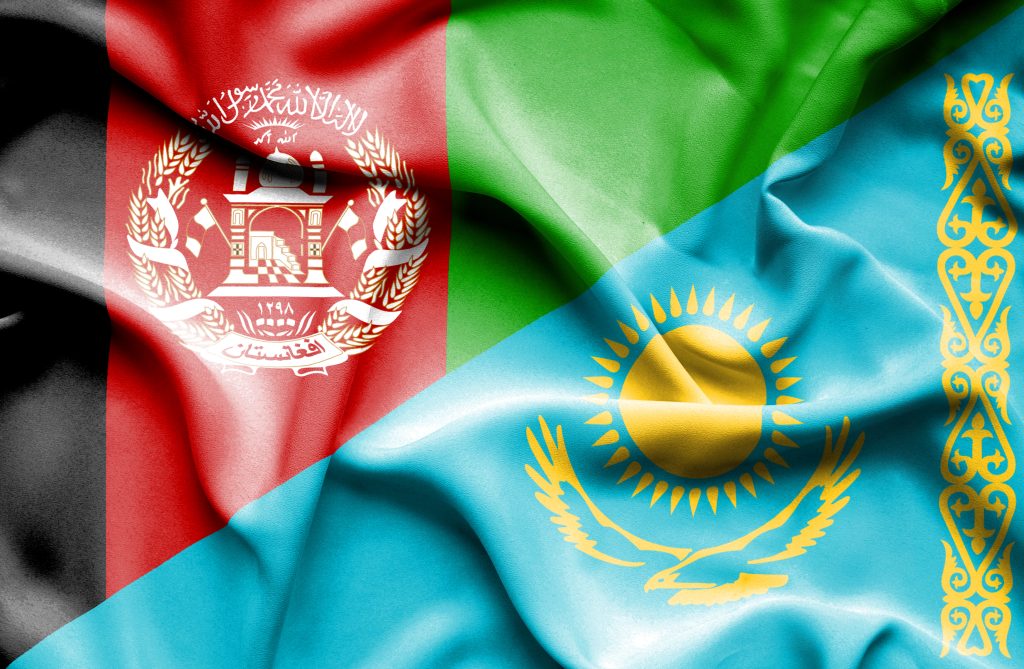
Thirty years ago, the Taliban emerged on the world stage as a symbol of international terrorism and medieval brutality. Yet now, they are attending Astana International Forum as seemingly respectable politicians and businessmen — alongside world leaders, top executives from global media outlets, corporations, and think tanks. What has changed to prompt this shift in our approach toward the Taliban?
In Kazakhstan, perceptions of the Taliban remain predominantly negative, raising legitimate concerns about why we should engage with Afghanistan’s current leadership at all. However, since returning to power in 2021, the Taliban have managed to establish control over most of the country’s territory, begin reconstruction of war-torn infrastructure, impose a ban on drug production, and maintain a relatively stable socio-economic environment despite international sanctions and frozen Afghan Central Bank assets. These developments demand a clear-eyed reassessment of whom we can — and must — engage in dialogue.
Kazakhstan’s geographic proximity, historical ties, and security concerns make it one of the key actors in the Afghan question, offering a distinct perspective on a crisis that major powers, including the United States, have failed to resolve. The continued presence of terrorist organizations such as the Islamic Movement of Uzbekistan and Jamaat Ansarullah — which include a significant number of individuals from Central Asia — poses a serious threat to the region, particularly due to the risk of radical ideologies spreading across borders. Kazakhstan faces two options: accept the current reality and assist the Taliban in forming an effective government, or risk another destabilizing conflict on its doorstep. We have opted for pragmatism, balancing the protection of national interests with the need to ensure regional stability.
Maintaining diplomatic contacts, supporting the Doha negotiations, providing humanitarian assistance, and encouraging economic investment form the basis of Kazakhstan’s balanced strategy toward Afghanistan. Our nation does not officially recognize the Taliban government. However, guided by national interests, Kazakhstan removed the Taliban from its list of banned organizations in December 2023 — indicating a willingness to engage without formal recognition. Full recognition of the Taliban as the legitimate governing authority will depend on their compliance with requirements set forth by the United Nations, including the formation of an inclusive government, the protection of the rights of women and girls, access to education, and the fight against terrorist organizations.
Kazakhstan’s commitment to Afghanistan’s recovery extends to regular humanitarian aid shipments. Just this April, we delivered over two thousand tons of food supplies, followed by air shipments of medicines and medical equipment.
Yet humanitarian aid alone cannot rebuild a country that has long been a battleground for great-power rivalry. Decades of war have left Afghanistan in urgent need of skilled professionals, quality education, and infrastructure development. To help meet these long-term needs, Kazakhstan annually provides thirty educational grants for Afghan citizens to study at Kazakhstani universities.
Alongside these initiatives, Kazakhstan pursues economic pragmatism, focusing on trade, geological exploration, mining, and the development of transportation routes. As one of Afghanistan’s top ten trading partners, we primarily export grain and flour. Bilateral trade totaled $636.5 million in 2023, and following the signing of a roadmap in October 2024, both states set a goal to increase trade turnover to $3 billion.
Afghanistan — sometimes called a “lithium Saudi Arabia” due to its vast reserves of lithium, rare earth elements, and precious metals — lacks the resources and expertise to develop its mining sector independently. As a result, several countries are actively engaging to tap into Afghanistan’s untapped mineral wealth. China, for instance, is heavily investing in the Afghan economy — from the massive Mes Aynak copper deposit in Logar Province to lithium extraction in Nuristan and gemstone mining in Badakhshan. In April 2025, Kazakhstani geologists and engineers collected 130 kg of ore samples from Nuristan’s beryllium, lead, and zinc deposits, paving the way for future cooperation.
Afghanistan’s geostrategic location is equally important, serving as a critical link for the transit of goods from Central Asia to South Asia’s two-billion-person market. For Kazakhstan — a landlocked country — diversifying trade routes and gaining access to the Indian Ocean and key ports, including Iran’s Chabahar, is of critical importance.
Afghanistan stands at a crossroads today, and the direction it takes will, in part, depend on Kazakhstan: will it slide into renewed, destabilizing conflict — or evolve into a moderate and reliable partner? If the latter is possible, then dialogue and balance — the cornerstone of Kazakhstan’s multi-vector foreign policy — must continue with the Taliban.
Yerkin Tukumov is the Director of the Kazakhstan Institute for Strategic Studies under the
President of the Republic of Kazakhstan.
